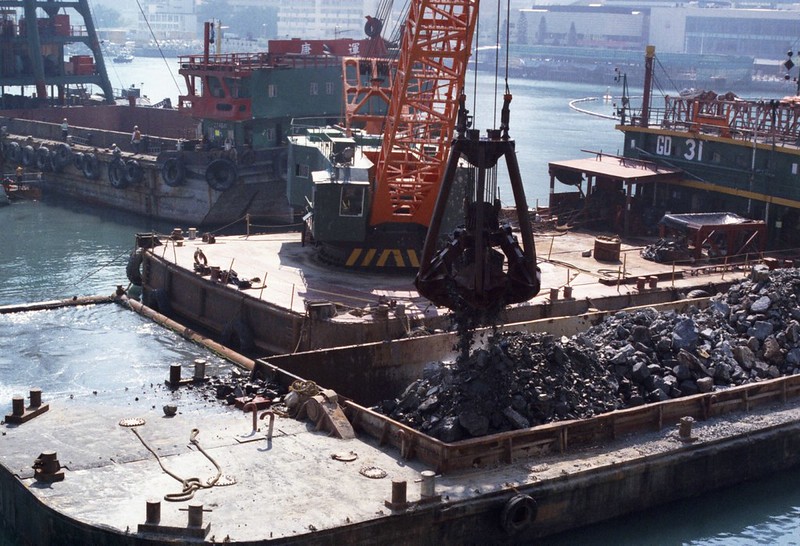The Hong Kong government has announced its plans to tackle waste, called the Waste Blueprint for Hong Kong 2035. Setting out the vision of “Waste Reduction – Resources Circulation- Zero Landfill”, the blueprint outlines the strategies, goals, and measures needed to tackle the challenge of waste management up to 2035 and essentially advocates for a circular economy in Hong Kong.
—
What is Happening?
- In May 2013, the government released its report entitled “Hong Kong: Blueprint for Sustainable Use of Resources 2013-2022” to achieve the goal of “Use Less, Waste Less” through policies and legislation, social mobilisation and investing in infrastructure. Last year, the municipal solid waste (MSW) charging scheme bill was dumped, ending a decade-long campaign to reduce per-capita waste. However, the government says that nevertheless, good progress was made throughout the period and “additional measures have also been introduced.”
- The revised medium-term goal is to reduce the per-capita MSW disposal rate by 40-45% and raise the recovery rate to about 55% by implementing MSW charging. The long-term goal is to move away from the reliance on landfills by developing adequate waste-to-energy facilities.
- To achieve these goals, six areas of action will be promoted, namely waste reduction, waste separation, resources circulation, industry support, innovation and cooperation, and education and publicity.
You might also like: 6 Myths About Recycling You Need to Know
When announcing the updated blueprint, the Secretary for the Environment, Wong Kam-sing, said, “Facing the challenges of a downturn in the external recycling market, the current high level of waste disposal, and the scarcity of our land resources, we have to make greater efforts in mobilising the entire community to practise waste reduction and implement measures for achieving waste reduction and recycling on a considerably larger scale, thereby promoting transformation of waste into resources. This helps build a circular economy, create job opportunities, and achieve decarbonisation to combat climate change. In the long run, we also need to formulate strategies to progressively move away from over-reliance on landfills.”
- Wong says that the Hong Kong government will “assume a more proactive role” in waste management, promoting various policies, particularly the MSW charging initiative. The environment department will also consult with members of the public on the implementation of the producer responsibility scheme for plastic beverage containers and disposable plastic tableware, as well as other single-use plastics.
- Finally, the Environmental Protection Department has been extending the community recycling network in 18 districts and will work to expand the local waste-to-energy capacities.
Featured image by: Flickr
You might also like: China’s Refusal to Take Back Food Containers Exposes Hong Kong’s Broken Plastic Waste Management System

















